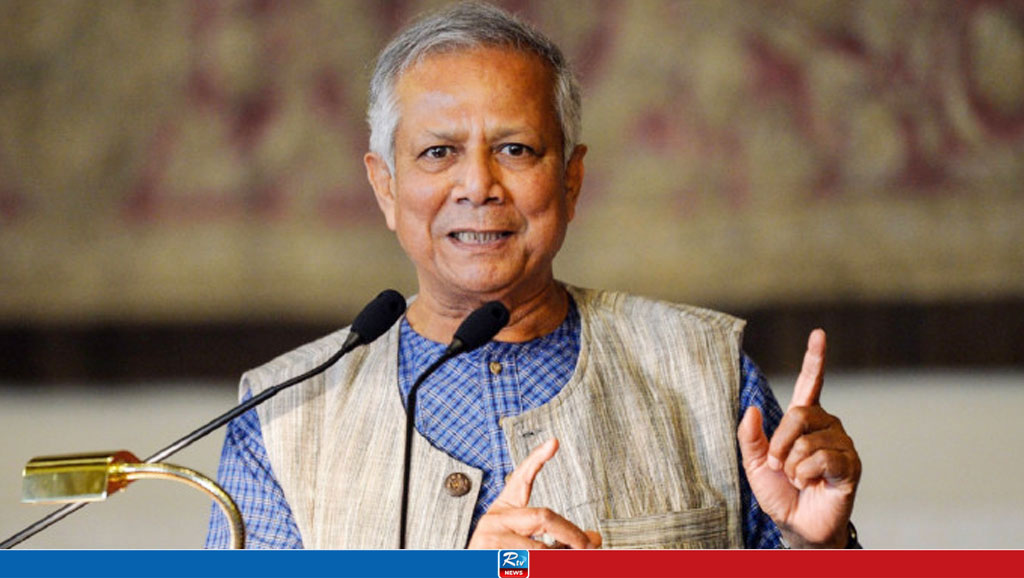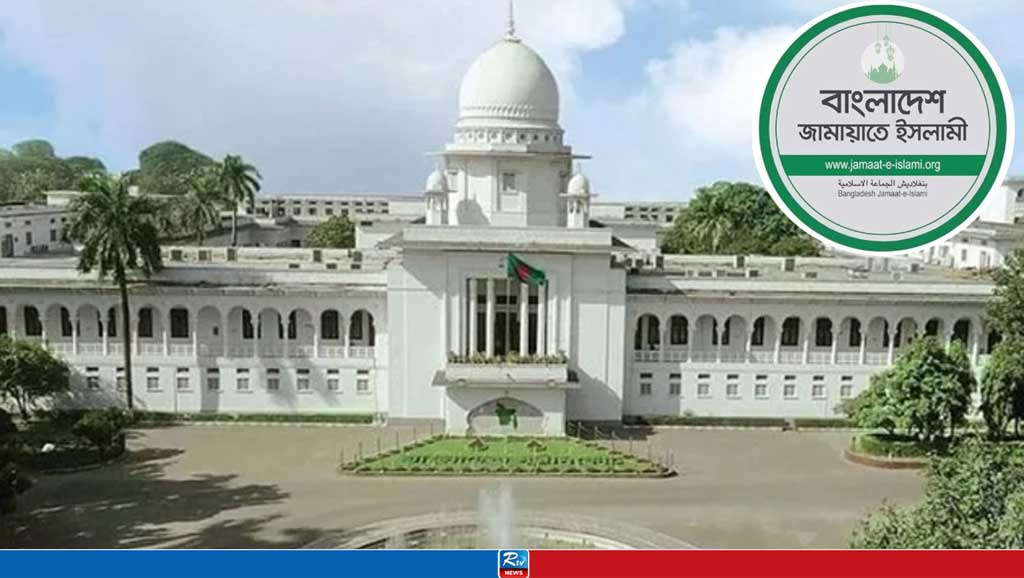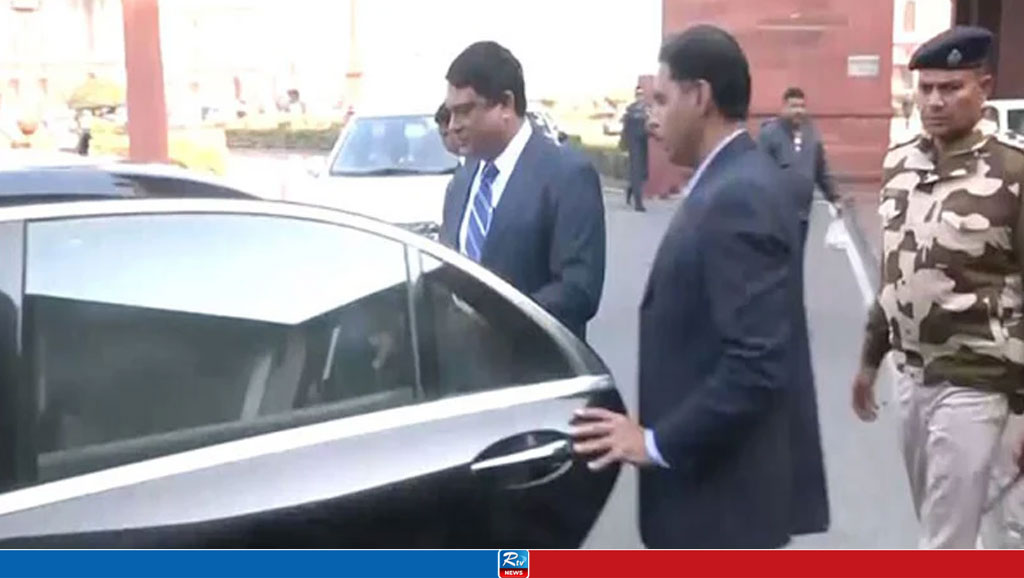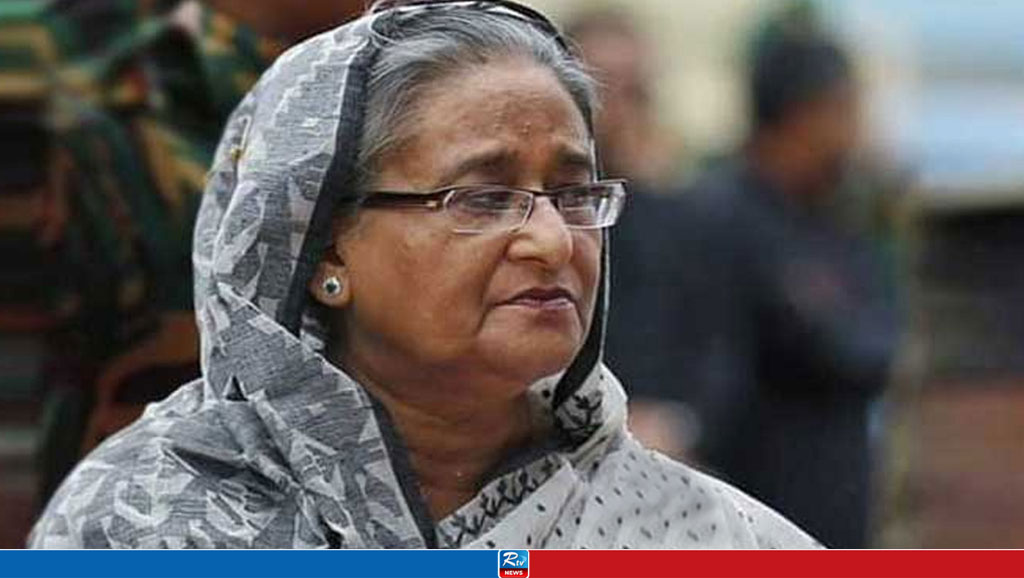Bangladesh's Transformation Unfolding After Hasina's Fall
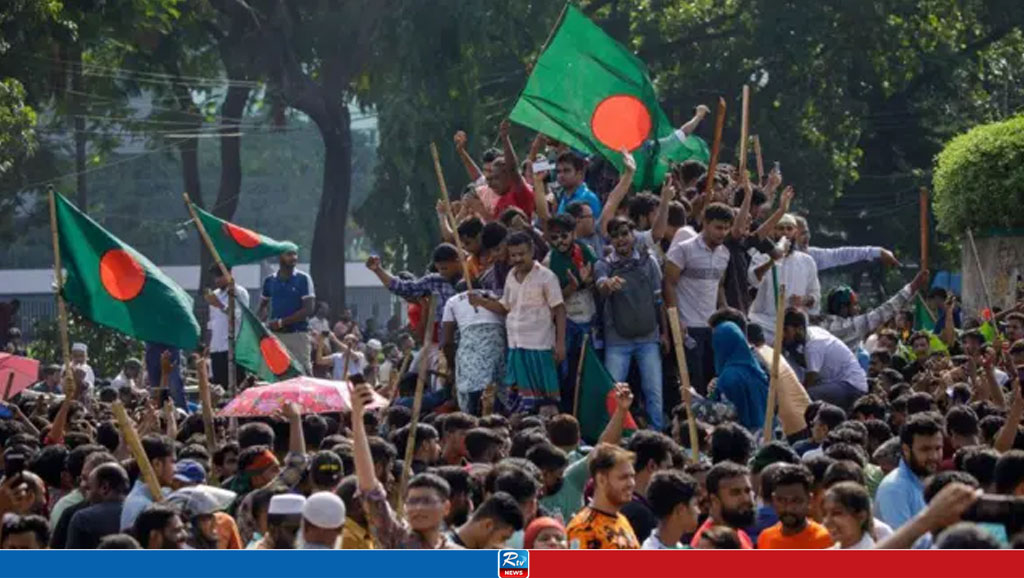
Former Prime Minister and Awami League President Sheikh Hasina fled to India after resigning on August 5. Three days after the fall of the Awami League government, The interim government of Nobel laureate professor Dr Muhammad Yunus was built.
In the hands of this new government, there has been a massive reshuffle in the top ranks of the administration in the past month, which is still ongoing. Along with this, reform initiatives have been taken in several areas including the financial sector of the country.
Local representatives were removed and replaced by administrators. It has been decided to form a separate commission for banking reform. Also, steps are being taken to bring back the irregular-fraudulent loans and smuggled money back into the country.
Police back to the station
After the fall of the Awami League government on August 5, there were unprecedented attacks on many police stations in different areas. Bangladesh Police Association said that at least 450 out of 639 police stations across the country were 'affected'. Vandalism and burning of police stations, looting of weapons and goods, and even killing of police officers were seen to happen. Officials said at least 44 members of the police were killed across the country in violence before and after the fall of the government.
In such a situation, the policemen started a strike for several demands including security at the workplace, prosecution of police killings, and compensation. The overall law and order situation of the country has worsened along with the increase in thefts and robberies. At one point, local residents and volunteers started keeping vigil in the neighbourhood.
As a result, the interim government under the leadership of Professor Muhammad Yunus took the initiative to normalize the law and order situation in the entire country after assuming power.
Major changes in administration
In the last one month, there has been a massive reshuffle in various administrative positions. Especially after the interim government took over. Hundreds of senior officers have been newly transferred, posted and appointed in various ministries including Home Affairs, Public Administration, Local Government. Many have also become Officers on Special Duty (OSD). Several have also been sent into compulsory retirement.
Tofazzel Hossain Mia, who was in charge of the Prime Minister's Chief Secretary, and Masud Bin Momen, who was in charge of the Foreign Secretary, have already been dropped among the top officials who were appointed on a contractual basis during the Awami League period.
Major changes in the judiciary
After the ouster of the Awami League government, there have been major changes in the judiciary. Chief Justice Obaidul Hassan, who was appointed during the Awami League period, was forced to resign on August 10 in the face of the demands of the anti-discrimination student movement. Other judges of the Appellate Division also resigned with him.
After this incident, Appellate Division Judge Syed Refaat Ahmed took oath as a new judge. Similarly, four new judges were appointed to the Appellate Division.
Former Attorney General AM Amin Uddin was replaced by the senior lawyer of the Supreme Court Md Asaduzzaman.
Asaduzzaman was the central human rights affairs secretary of BNP. As a result, the question of whether he has been appointed based on party considerations is also raised.
Forceful resignation
After the fall of Sheikh Hasina, the top officials of government, semi-government and even private organizations were seen to resign. In this case, some were voluntarily resigning, while in many institutions, officials were being forced to resign in the face of various pressures.
Release from captivity
Students arrested during the anti-quota and anti-discrimination student movement have been released.
Many leaders and activists of various levels, including the top leaders of BNP, Jamaat and their like-minded parties, who were arrested and imprisoned in various cases in the last decade and a half, including Giasuddin Al Mamun, who was arrested by the joint forces in 2007, have been released from prison.
Besides, Ansarullah Bangla team chief Mufti Jasim Uddin Rahmani and accused Sheikh Aslam in the murder case, which has been criticized in various quarters, have been released on bail.
Case against influential people including Sheikh Hasina
Even though there are various allegations including corruption, murder, and human rights violations against whom no legal action has been taken in the last decade and a half, cases are now being filed against those 'influential' people of the previous government.
Among them, former Prime Minister Sheikh Hasina has already been accused in more than 100 cases, most of which are murder cases.
Sajeeb Wazed, Saima Wazed, Sheikh Rehana and many of the family and close relatives of the Awami League president have also been accused.
Also, cases have been filed against almost all top leaders of the Awami League, including former ministers and MPs.
Anisul Huq, Tipu Munshi, Dipu Moni, Salman F Rahman, Zunaid Ahmad Palak and many others have already been arrested in various cases. Many of them were also assaulted while being taken to court.
The diplomatic passports of previous government ministers and MPs including Sheikh Hasina have been cancelled.
Commission to investigate cases of disappearances
After the change of government, many of the persons who were identified by the law enforcement forces or disappeared during the Awami League period are being found.
Stand against corruption
After assuming power, the interim government has announced a strict stand against corruption. The Chief Adviser has ordered to ensure that there is no more corruption in any government work.
The Anti-Corruption Commission (ACC) has started an investigation against nearly half a hundred ministers and parliamentarians of the previous Awami League government on corruption charges.
Initiatives to reform the financial sector
The government has started taking steps to stabilize the banking sector by stating that there has been 'unprecedented looting' in the banking sector during the Awami League government.
The government has already decided to form a separate banking commission for the sustainable reform of the banking sector. It has been informed that the commission will be constituted very soon.
In addition, the previous boards of directors of several banks that were victims of 'looting' have been dissolved and reconstituted including Islami Bank, the largest bank in the private sector.
Changes in the education sector
Due to the change of government, many changes have been observed in the education sector of Bangladesh. In the face of the violence of the quota reform movement, the Higher Secondary (HSC) and equivalent examinations were suddenly stopped midway on July 18. After the fall of the government, it was decided that the remaining exams would be held after September 11.
After learning this, a small group of examinees entered the secretariat and started protesting. In such a situation, the exams of the rest of the HSC subjects were cancelled on August 20, showing 'unavoidable reasons'.
Nothing is clear about how the results will be calculated. In this situation, there is a possibility of 'auto pass' in HSC, which many people are criticizing.
Administrators instead of public representatives
After the ouster of Sheikh Hasina, the interim government appointed administrators after removing the mayors and chairmen of city corporations, municipalities, districts and upazilas.
Mayors and chairmen have been removed from the posts of four local government institutions, but the government's policy is different in the case of Union Parishad (UP).
Jamaat actively overcome the ban
Four days before losing power, the Awami League government hastily banned 'Jamaate Islami Bangladesh' and their student organization 'Islami Chhatra Shibir' under Section 18 of the Anti-Terrorism Act.
But in the third week of the new government coming to power, the decision changed. Previous notification has been cancelled. As a result, the leaders and workers of the party have become active again. They are seen doing public relations in the neighbourhoods of the whole country.
The holiday of August 15 cancelled
After the Awami League came to power in 2009, for the past decade and a half, Bangladesh's founding president Sheikh Mujibur Rahman's death anniversary has been observed on August 15 as a day of mourning across the country. A public holiday was also declared on that day as National Mourning Day. But with the change of power that too has changed.
Demonstration-encirclement on various demands
After the fall of the Awami League government in the students' movement, protests and sieges of government institutions have been seen one after another in various places including Dhaka. The most talked about incident was the protest by members of the disaffiliated Ansar.
Comments
ACC Investigates Allegations of Embezzlement of Tk80,000 Cr Against Hasina
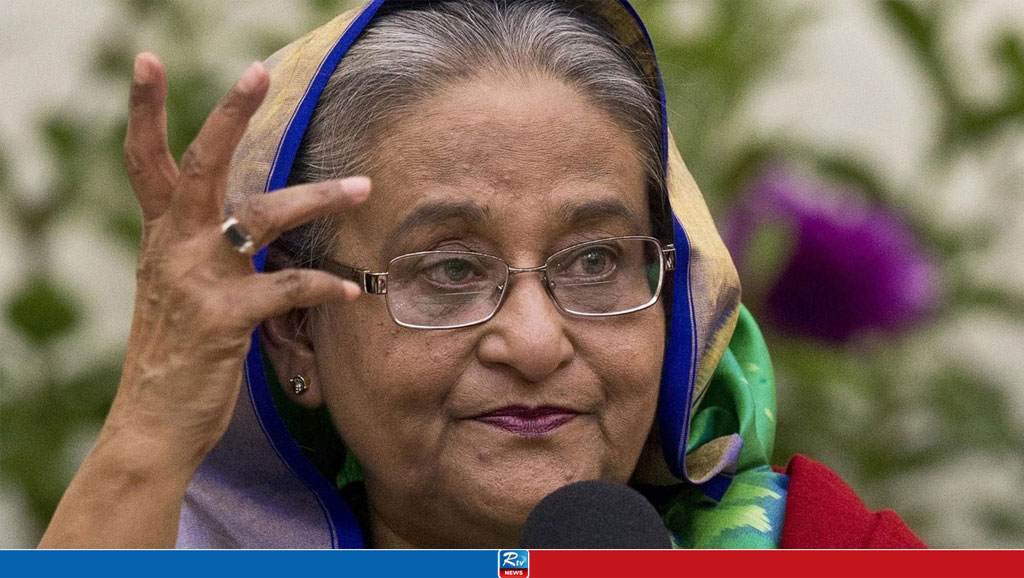
School Admission Lottery Results Published: How to Check

Dr. Yunus to Deliver Speech at Al-Azhar University Today
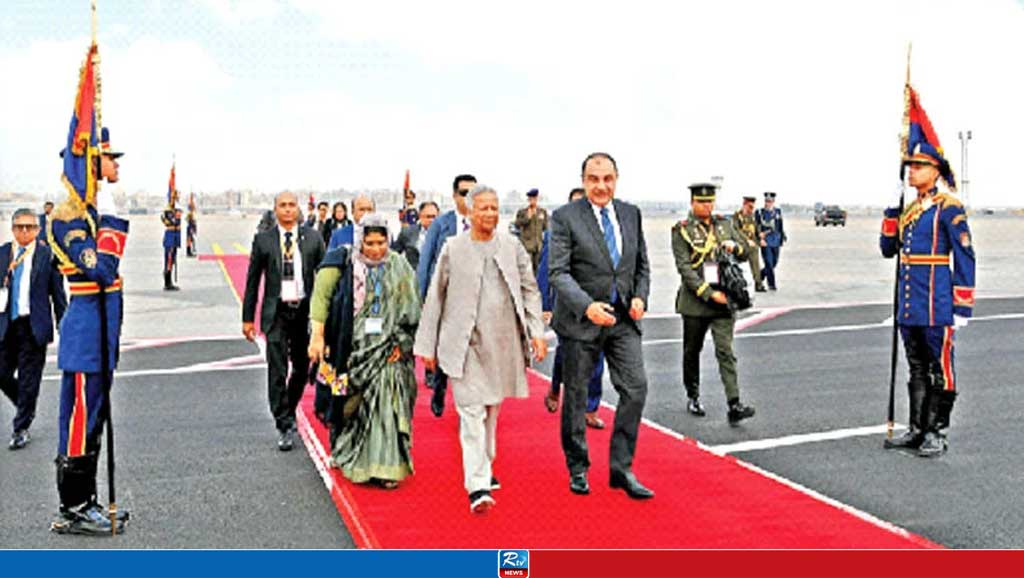
Bangladesh Wins The Economist's "Country of the Year" Title

Advisor Hasan Arif Passes Away
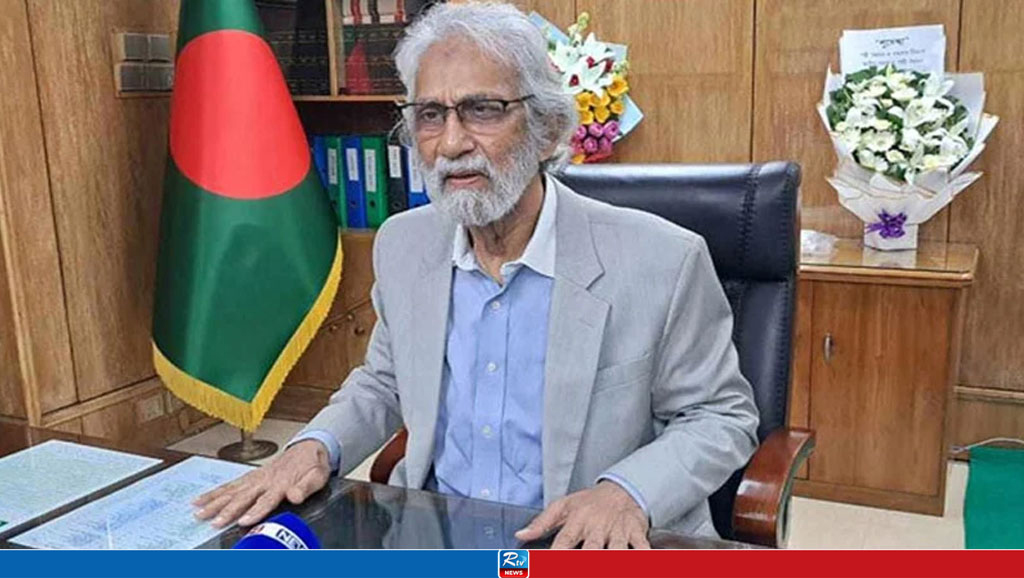
Train Fare and Schedule on Dhaka-Khulna Route Via Padma Bridge
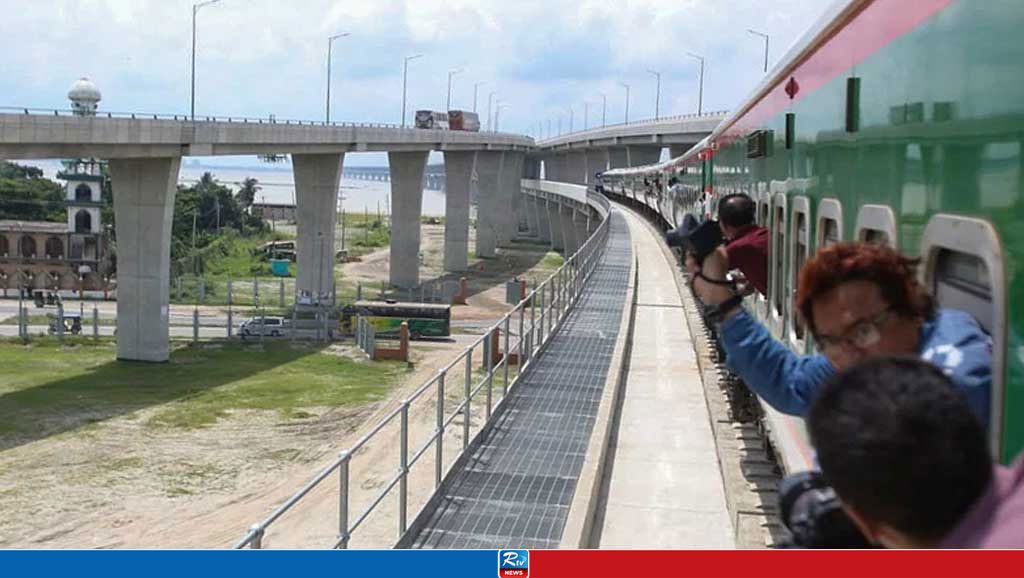
100 Garment Factories Shut in 6 Months, 50,000 Workers Jobless: BGMEA


 Live Tv
Live Tv

